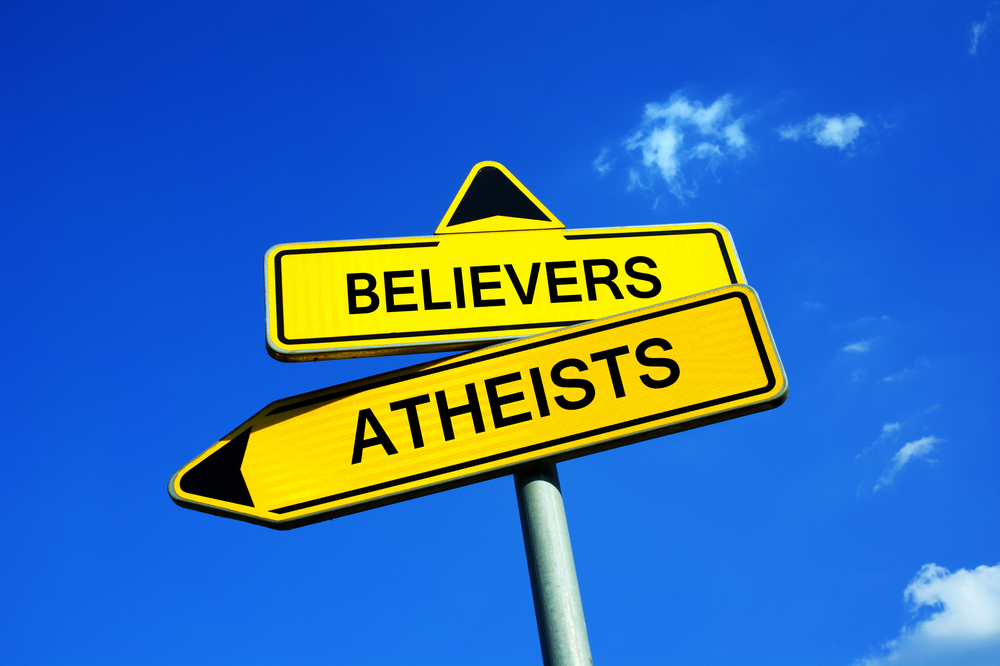 Whew! We just survived one of the most divisive elections in our young nation’s history.
Whew! We just survived one of the most divisive elections in our young nation’s history.
The challenge now seems to be for newly elected leaders to unite a divided following. There is always another election to think about.
Despite passionate differences, our nation is likely to survive. The challenges facing the Church might be more formidable.
Oddly, small issues are surprisingly lethal to both congregations and denominations. Peaceful resolution is something church leaders preach but have difficulty practicing. While small issues are problematic, large issues are catastrophic.
Perhaps comparing Public Leadership and Church Leadership can shed light on why the Church struggles with leadership on both clergy and lay levels.
PUBLIC LEADERSHIP
CHURCH LEADERSHIP
Public leaders are elected by a process that is well-regulated and overseen by both elected and volunteer groups.
Church leaders are elected by a process that is controlled by clergy and tradition and are difficult to challenge.
Public leaders are drawn from a deep and ever refreshed pool of potential candidates with varying backgrounds.
Church leaders are drawn from an increasingly shallow pool that tends to be homogenous. Laity who become involved at decision-making levels usually have proved loyalty to existing leadership.
Public leaders are elected after a long campaign. Those voting have a chance to research and follow a candidate for months. The rules are generally well known—part of a grade school education.
Church leaders are elected by an electorate with little opportunity to research decisions. Many of the electing body know nothing at all about the slate of candidates or church procedure.
Public leaders must respond to an elaborate check and balance system that includes independent media.
There is no independent media critiquing the views of church leaders as they rise to power. Most church “journalists” are paid by the people they write about.
Public leaders are elected by a process that includes a diverse electorate.
The church electorate consists of clergy and a few representatives of each congregation—many of them have no background in church governance and are unfamiliar with church issues.
Public leaders are part of a process that is divided by party lines. Dialog is guaranteed.
Church leaders can be viewed as just one party—or as having each congregation acting as its own party. Either way, the opportunities for effective dialog are limited.
The dialog continues after election. Public officials must remain engaged with all the electorate.
Public leaders must operate within the law or face legal consequences.
Church leaders operate with considerable distance from the people they serve. They can (and do) claim exemption from secular courts under Separation of Church and State. Secular courts do not want to be involved in church law. It is up to the church electorate to keep church leaders honest. In many cases, the people charged to oversee church legal matters are on the church payroll. Church leaders can abuse power for a long time before being challenged. The clergy segment of the electorate relies on friendly relations with church leaders for calls. Lay people don’t like to think the leaders of their church might stray!
Most public leaders face reelection and/or term limits.
Rules vary, but many denominations consider calls to be permanent.
It is difficult to leave your country when unhappy. There are ways out of messy situations.
It is difficult for devoted Christians to leave the Church. Often, it is the only option as there is no effective course for redressor grievances.

 Bill Maher, host of Real Time with Bill Maher,
Bill Maher, host of Real Time with Bill Maher,